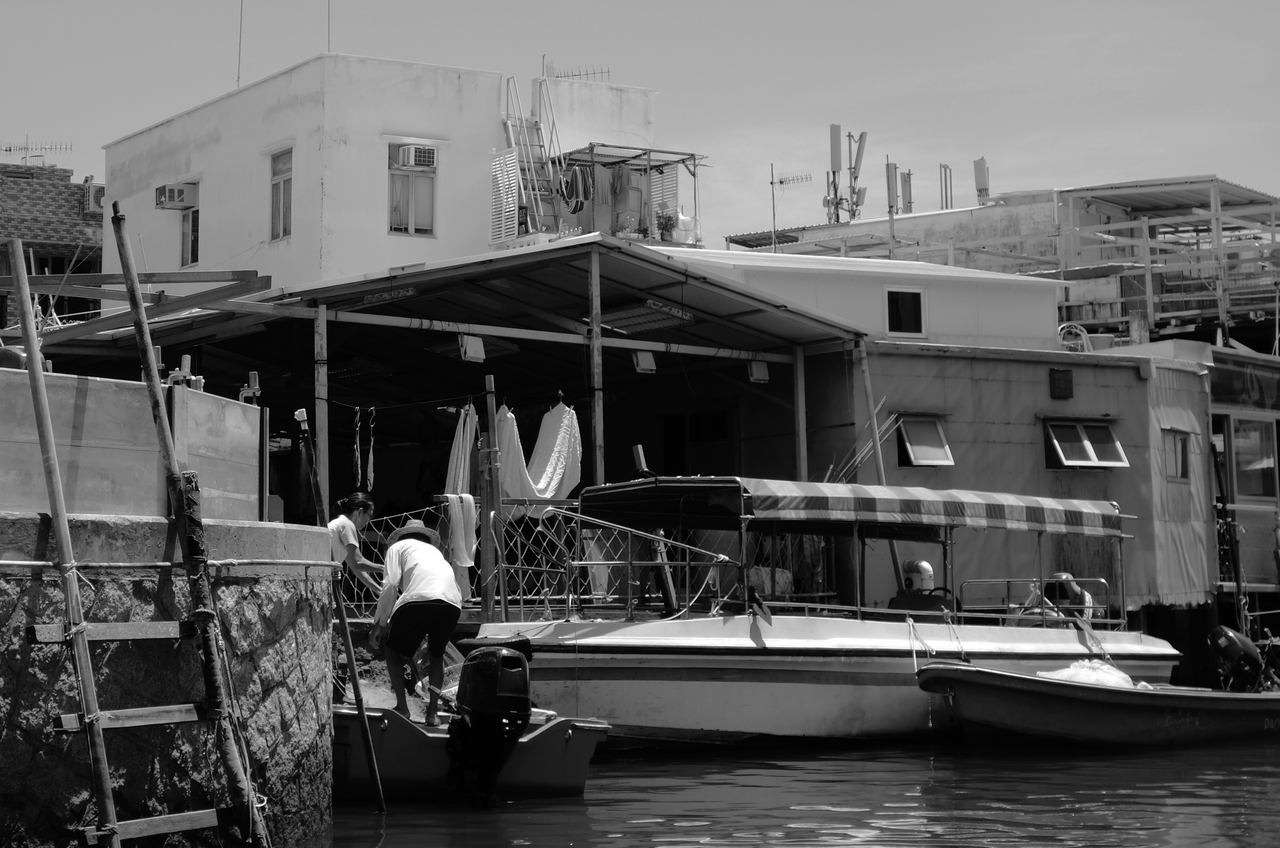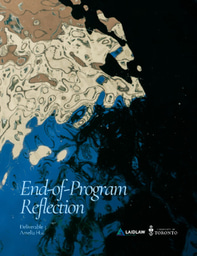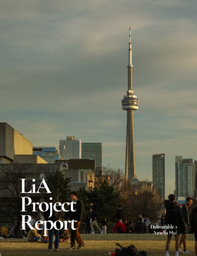
This week consisted of website design and anticipation. Following the set up of my exhibition, I needed a way to be able to collect responses and reactions to the central theme of my pieces—the exploration of culture, identity, and politics. Since my project aims to prompt reflection from everyday people about their relationship with the so-called motherland (otherwise known as fatherland or homeland, depending on the language), I wanted to be able to capture some of these stories through my website. I created a form encouraging people to share their stories as a second-generation immigrant or dual-culture individual, and waited to hear back.
My prompts asked about connection to one’s country of origin or “motherland”, and how experiences with immigration have shaped their sense of cultural identity. Initially, I only shared this with friends through social media—I asked them to write their stories about cultural identity. Some of the reflections mused about disconnect:
I’m disconnected from my motherland by one generation. My grandparents didn’t teach my parents anything about where they come from and I’m left feeling a bit uncertain and almost like an imposter when I try to connect to my culture through other means.
I feel like I have very little connection to my parents or grandparents Chinese culture. When they immigrated here, they gave up many of their old ways to assimilate to the culture here. Sometimes, I wonder if they miss how it was back in China.
While others replied to my prompts one by one, exploring their thoughts on tradition, and familial history. In particular, one response tackled the complex fabric of cultural identity formed by migration and displacement across regions of Asia and Europe. They also proposed a policy-oriented solution to the realities of multiple cultural worlds.
I feel like my connection to my motherland is complex because of my family's complex history of migration. As an overseas Chinese, there is a part of my identity which feels connected to Hong Kong and the Guangdong region despite having never been, and there is also a part of my identity that feels tied to the various places in which my family has moved to. Ancestral migration to Vietnam, and more recent displacement to Taiwan and France have led to multiple places in which I feel connected to as well.
I think that intercultural dialogue must first be improved: better understanding of the nuanced realities of individuals, particularly marginalized communities, can help guide urban and cultural policy, such as by putting in place protections on specific heritage sites. Preserving the identity of the urban fabric can also help better reflect their realities; collaboration between government and community land trusts can aid in conserving its character and mitigate gentrification.
The anonymity of the answers made them feel more authentic and honest; they demonstrated that individuals have their own stories and unique perspectives about cultural identity, and helped reaffirm the core idea of my LiA: interpreting leadership as a means to empower others, prompting introspection and giving people space to share their thoughts on heritage. I think we are fulfilled by seeing connection to communities and our roots—I hope to continue encouraging people to identify and celebrate their backgrounds, rather than feeling shame for not assimilating to a constant of what “should be” Canadian (or American!).





Please sign in
If you are a registered user on Laidlaw Scholars Network, please sign in